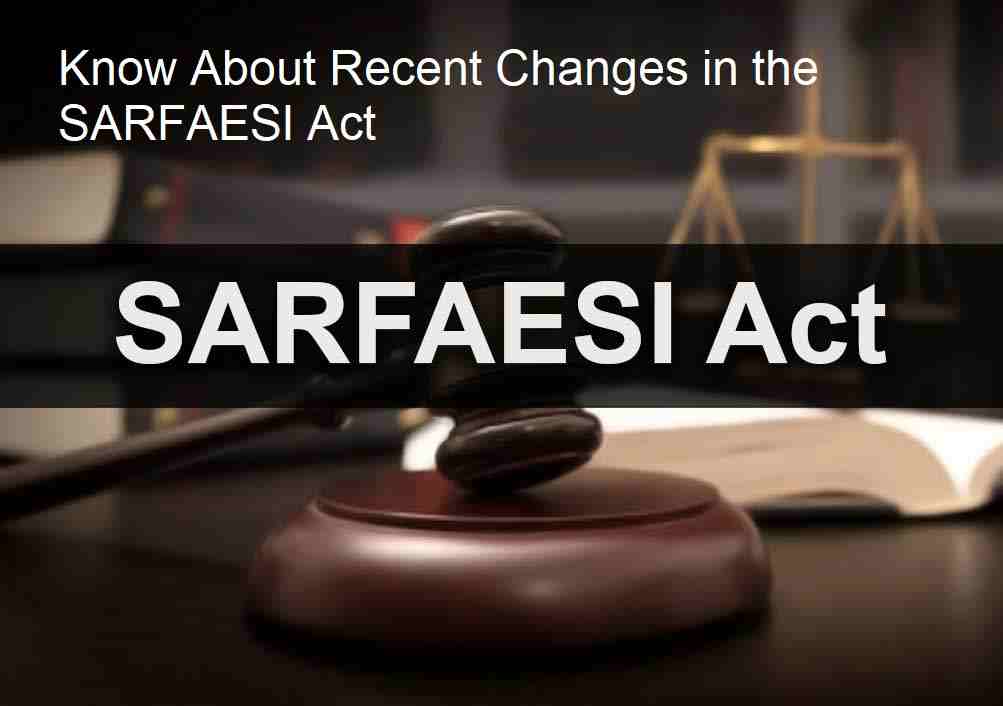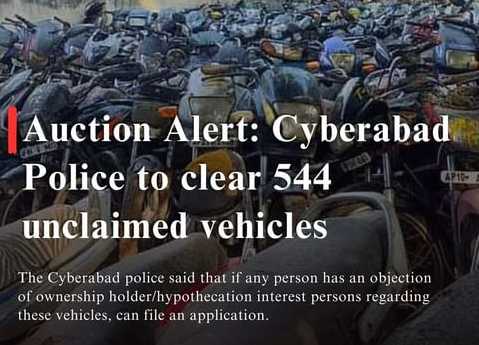Buying a property through a bank auction can be a great opportunity to snag a deal at a lower price. With the government and RBI pushing banks to tidy up their financial records, we've seen a surge in mega auctions by almost all banks. But it's crucial to recognize that investing in bank auction properties comes with its risks. You need to be extra cautious and alert when participating in these auctions. For a detailed guide on the bank auction process, you can check out my post, "Complete Guide to Bank Auction Process."
Recently, the Government of India made some amendments to the SARFAESI Act, short for the Securitisation and Reconstruction of Financial Assets and Enforcement of Security Interest Act, 2002. These changes are expected to encourage more people to get involved in bank auctions, potentially making it easier to buy your dream home at a discounted rate. However, it's essential to ensure there are no legal issues or loopholes associated with the property before diving in.
Let's take a look at six key changes in the SARFAESI Act:
-
Possession of the Property: Under the SARFAESI Act, banks can have either symbolic or physical possession of a property at the time of auction. Symbolic possession means the bank doesn't have the keys, and the property is still occupied by the borrower. In case of default, the bank can take physical possession of the property, but sometimes, due to various reasons, this isn't feasible. In such cases, the bank issues a symbolic possession notice and proceeds with the auction based on this status. It's generally not recommended to participate in auctions where symbolic possession is involved, as it can lead to complications later on.
An important recent amendment is that the process for taking possession, with the help of the district magistrate, must now be completed within 30 days without the need for court intervention. This prevents borrowers from delaying possession through legal channels, benefiting successful bidders.
-
Management of the Company: Auctioning properties of companies under liquidation can be complex. The recent amendment empowers the district magistrate to assist banks in taking over the management of such companies in case of default. This helps resolve issues regarding ownership rights and avoids disputes, allowing banks to convert debt into equity shares and potentially hold a controlling stake in the company.
-
Central Registry of Secured Assets: To prevent fraudulent activities where properties are mortgaged to multiple banks, a central registry of secured assets is proposed. This registry will maintain records of all transactions related to secured assets, providing transparency and enabling potential buyers to check if a property is mortgaged.
-
Registration with Central Registry: Secured creditors must now register with the central registry to take possession of collateral, eliminating disputes over ownership rights. This ensures that the creditor has priority over other claimants in repayment of dues.
-
RBI Regulation of Asset Reconstruction Companies (ARCs): ARCs purchase bad loans from banks and operate in a high-risk business environment. With the recent amendment, RBI can oversee ARC operations, conduct audits, and issue directions to ensure compliance. This regulation aims to address customer grievances and enhance transparency in ARC operations.
-
Waiver of Stamp Duty for Transfer to ARCs: Transferring financial assets, including loans and collaterals, from banks to ARCs will no longer incur stamp duty. This cost-saving measure may lead to discounted prices in ARC auctions, but it's important to note that ARC auctions carry higher risks compared to bank auctions.
In conclusion, while bank auction properties can offer lucrative opportunities, it's essential to proceed with caution. Due diligence is key, and seeking professional guidance or legal advice is advisable to navigate the complexities involved. Remember, properties sold in bank auctions are often sold on an "As is Where is & What is There is Basis," absolving the bank from any liabilities. Also, it's crucial to understand under which act the property is being auctioned—whether SARFAESI Act or RDDBFI Act—as the rules and regulations differ between the two.





